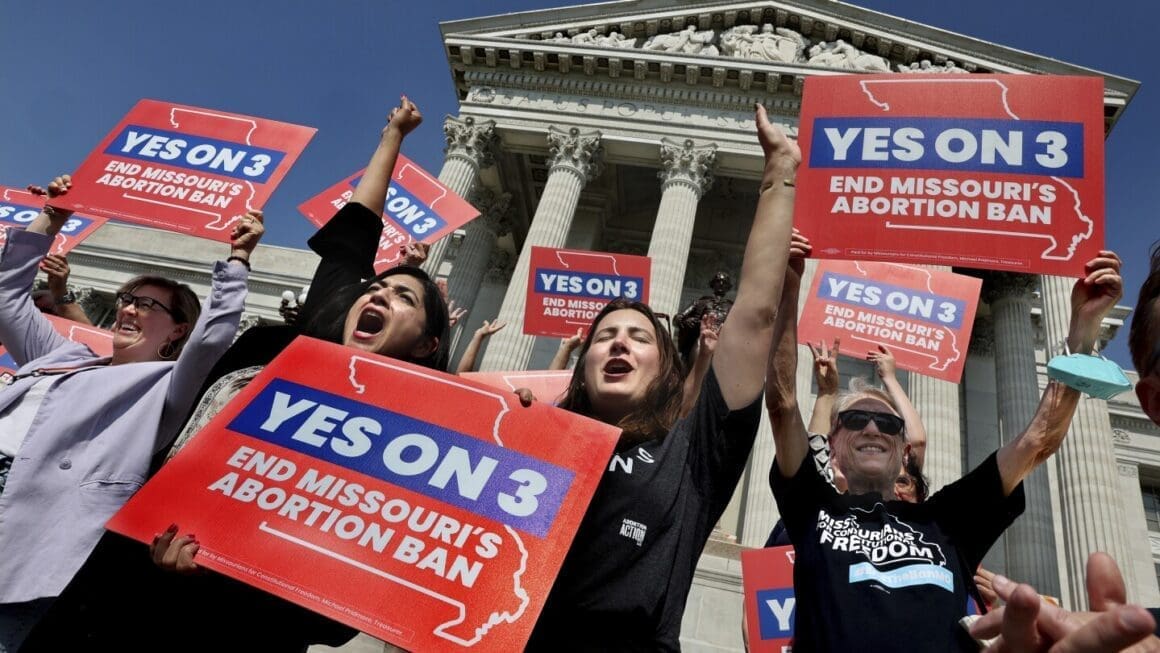In the wake of a newly approved constitutional amendment aimed at protecting abortion rights, Missouri’s Republican Attorney General, Andrew Bailey, maintains that abortions post-fetal viability remain illegal. Despite voters’ recent decision to enshrine abortion rights in the state constitution, Bailey emphasizes enforcement of existing laws that ban such procedures after a fetus can survive outside the womb.
Attorney General Andrew Bailey, responding to an inquiry from incoming governor Mike Kehoe, outlined his stance in an official opinion. He asserted that the recent amendment does not invalidate the state’s near-total abortion ban, particularly when it involves post-viability cases. This perspective highlights a commitment to ensuring that abortions after this critical stage remain constrained, though exceptions exist where the pregnant person’s life or health is at risk.
Bailey’s adherence to the law extends to maintaining requirements for parental consent for minors seeking abortions. This aligns with the legal framework allowing certain restrictions, particularly beyond the 21st week of pregnancy—a period generally understood as defining viability, according to healthcare professionals.
The landscape of abortion rights in Missouri is complex and evolving. The recent ballot measure backing abortion rights does not automatically nullify state laws, allowing courts to challenge specific restrictions they deem unconstitutional. Planned Parenthood affiliates, seizing the moment, have initiated legal proceedings to dismantle the state’s abortion prohibition and associated laws. The case unfolds amidst a milieu of legal contention and interpretive debates over constitutional protections and state regulatory powers.
Amidst seven states witnessing progressive abortion rights amendments, Missouri stands out with its unique trajectory. States like Florida, Nebraska, and South Dakota have resisted similar amendments, whereas Missouri finds itself at a crossroads following its legislative decision. The measure, effective from December 5, emphasizes the legal and societal tensions surrounding reproductive rights.
The inclusion of restrictions at the viability stage was strategic for proponents of the amendment. While some feared it might thwart their objective of passing protective measures, it was ultimately deemed necessary by others to counter potential legislative maneuvers that could severely curtail access. The amendment’s passage marks a significant moment in Missouri’s legal landscape, spotlighting the delicate balance between constitutional rights and legislative authority.
Attorney General Bailey’s position underscores the ongoing legal and ethical discussions surrounding abortion in Missouri. While the constitutional amendment represents a significant shift towards reproductive rights, it simultaneously raises questions about the limits and enforcement of these rights within the state’s legal framework. As December approaches, the outcomes of pending lawsuits and legislative actions will be pivotal in shaping the future of abortion access in Missouri.
Source: APNews














